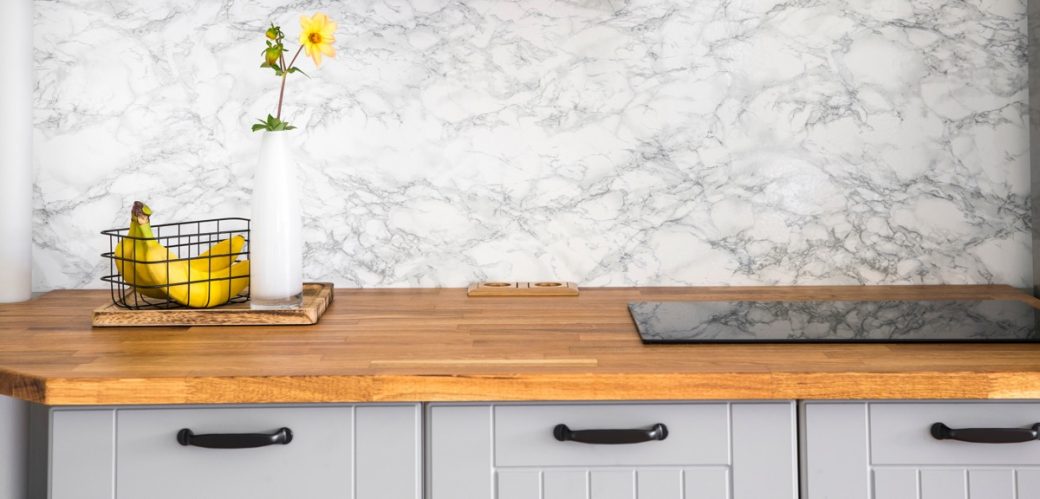A water heater takes on a lot of jobs, including heating and storing freshwater for daily use. The type of water heater you choose depends on your home, family needs and available energy sources. Electricity is a popular choice, as it’s widely used in the United States and works well with storage and tankless models. Natural gas is another fuel option and can be employed with both storage and on-demand heaters. Oil is a good choice for homes with existing boilers.
Energy efficiency is another factor to consider. The Energy Factor (EF) rating on the label tells you how efficient a model is, with higher ratings providing greater savings. Buying an energy-efficient model may cost more upfront, but the long-term savings in power bills will pay for the price.
Another important consideration is how often you will use the water heater. If you use hot water frequently, it’s a good idea to invest in a larger model so that you never run out during peak usage times. If you only require a few hot showers per day, a smaller model is likely sufficient.
Figure out the size of your household water heaters pataskala, including the number of people living in it, to help select the right model for you. A model that is too large will waste money by heating water you won’t use, and one that is too small can cause delays during peak demand.
The most common types of residential water heaters include gas, electric and solar. Each type of unit has its own advantages and drawbacks. Gas units heat water using a burner that runs on either natural or liquefied petroleum gas. This type of water heater is generally the most affordable and convenient, especially for households that already have a gas line running to their house.
Electric water heaters use a series of coils powered by electricity to heat the water. This type of water heater is more affordable than gas and oil-powered models, but is less energy efficient than other options.
A typical steel-lined water heater has a glass-lined interior that protects the metal from corrosion and helps to keep water at a safe temperature. It’s important to check the date of installation and inspection of any water heater you plan on purchasing, as this can help determine how long it will last. Some models also have displays that allow you to monitor water usage, set a vacation mode to cut electricity usage while you’re away and see other important information. Natural Resources Canada offers a comprehensive guide, Link opens in new window to choosing the best water heater for your home based on your specific situation. The guide covers costs, fuel types and water heater sizes. It also provides tips for installation and maintenance. You can find it online, Link opens in new window or order a free copy by calling 1-877-522-7711. You should also be sure to consult your local energy company for advice on the most efficient model for your needs.

